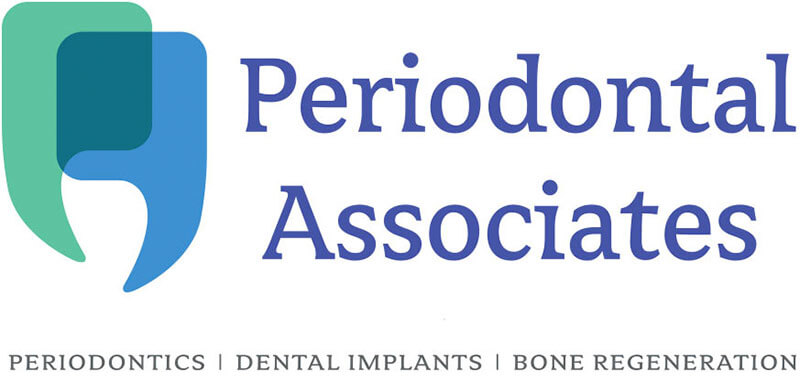A new study in the Journal of Dental Research finds bone fluoride levels are not associated with osteosarcoma, a rare bone cancer more prevalent in males.
A team of researchers from Harvard University, the Medical College of Georgia and the National Cancer Institute analyzed hundreds of bone samples from nine hospitals over an eight year period from patients with osteosarcoma and a control group to measure fluoride levels in the bone.
Considered the most extensive study to date that examines a potential association between fluoride levels in bone and osteosarcoma, the results indicated no correlation. Three branches of the National Institutes of Health were involved in the study. The National Cancer Institute (NCI) approved the design of the study, and funding for the research was provided by the NCI, the National Institute of Environmental Health Sciences, and the National Institute of Dental and Craniofacial Research.
The ADA has issued a press statement and ADA News contains more details about the study.
Patients may ask about the findings of this new study. Here are some points that may be helpful:
- This new study adds to an already strong base of scientific evidence that fluoride is safe and effective at preventing cavities.
- An inconclusive animal study conducted twenty years ago first raised the question of an association between fluoride and osteosarcoma. Since that time, other studies have examined the issue.
- This new study is considered by researchers to be the best science to date because a more accurate and reliable scientific method was used to measure exposure from all sources of fluoride.
- Tooth decay rates have declined dramatically over the past several decades, thanks in part to the use of fluoride.
- The AmericanDentalAssociation advises that people should brush twice a day with fluoride toothpaste, floss daily, eat a balanced diet and maintain regular dental appointments to help prevent tooth decay.
CARY FEUERMAN, DMD
PERIODONTAL ASSOCIATES
Source: American Dental Association
